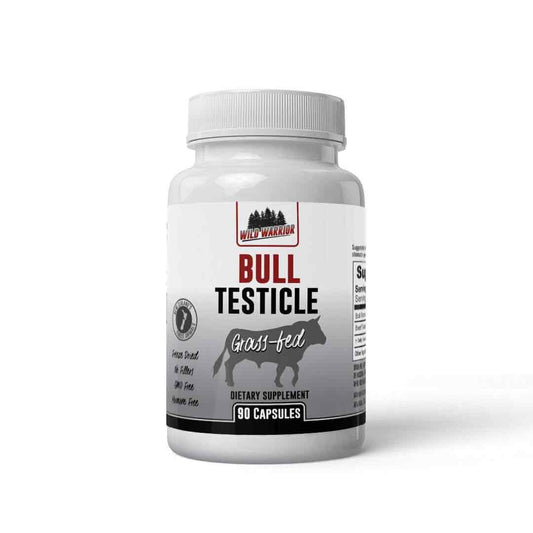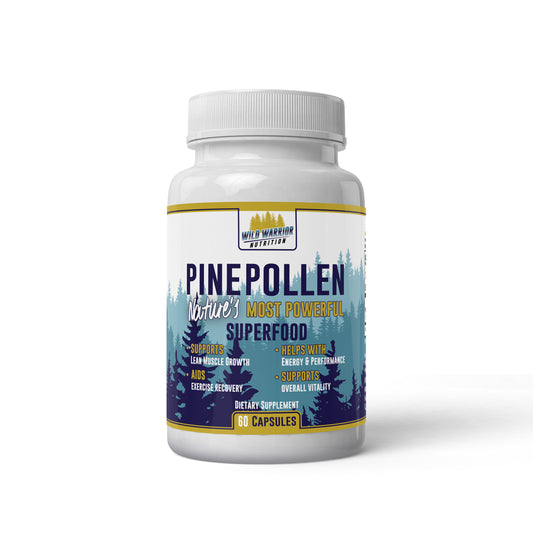Methyl folate, also known as 5-MTHF (5-methyltetrahydrofolate), plays an essential role in the body. It’s the most bioavailable form of folate, meaning it is ready for the body to use without extra conversion steps.
Unlike synthetic folic acid, which the body must process to become usable, methyl folate works immediately, making it an excellent choice for people with certain genetic variations or health conditions. But what exactly does methyl folate do, and how can it benefit your health? Let's explore.
The Role of Methyl Folate in the Body
Methyl folate is crucial for a process in the body called methylation. This biological reaction occurs billions of times every second and influences things like DNA repair, detoxification, and neurotransmitter production. Methyl folate contributes to the formation of methionine, an amino acid that helps synthesize proteins and create S-adenosylmethionine (SAMe), which supports mood regulation, immune function, and liver health.
Another important function is its role in converting homocysteine, an amino acid, into methionine. Elevated homocysteine levels are associated with a higher risk of cardiovascular disease, so methyl folate plays a protective role in your heart and general well-being.
Health Benefits of Methyl Folate
Improves Mental Health
Methyl folate is vital for producing neurotransmitters like serotonin, dopamine, and norepinephrine. These chemicals are key to regulating mood, focus, and stress levels. Research has shown that individuals with depression, particularly those resistant to standard treatments, often benefit from methyl folate supplementation. This is particularly true for individuals with certain genetic mutations in the MTHFR gene, which reduces their ability to convert folic acid into its active form.
A study published in The American Journal of Psychiatry found that adding methyl folate to antidepressant treatments significantly improved depressive symptoms in patients with resistant depression (Papakostas et al., 2012).
Supports Pregnancy and Fetal Development
Folate is extremely important during pregnancy to prevent neural tube defects. Since methyl folate is already active, it’s especially helpful for expectant mothers, including those with MTHFR mutations who may struggle to metabolize folic acid. Proper folate levels during pregnancy reduce risks associated with conditions like spina bifida and anencephaly, ensuring healthier outcomes for both mother and baby.
Reduces Cardiovascular Risks
High homocysteine levels have been linked to cardiovascular problems. Methyl folate lowers homocysteine by converting it into methionine, reducing these associated risks. Anyone concerned with heart health can benefit from adding methyl folate to their diet or supplement routine.
Helps with Cognitive Function
Optimal folate levels are essential for memory and cognitive health, especially as we age. Research suggests that lower levels of folate are connected to cognitive decline. By supporting brain health at a cellular level, methyl folate may help sustain cognitive sharpness in later years.
Aids Detoxification
Another fascinating benefit of methyl folate is its role in detoxification. The methylation cycle is responsible for removing toxins and heavy metals from the body. Providing the body with an active form of folate ensures that these processes run smoothly, supporting overall health and vitality.
Who Can Benefit from Methyl Folate?
While everyone needs folate, certain groups may gain more from using the methyl folate form in particular. Individuals with a mutation in the MTHFR gene are often unable to efficiently convert folic acid into its active form. Roughly 30-50% of the population may carry some form of this mutation. Symptoms can include fatigue, brain fog, mood disorders, and even inflammatory conditions.
Additionally, those dealing with increased stress, poor diet, or chronic conditions like diabetes or depression may require higher folate levels to meet their body’s demands.
How to Get Methyl Folate
Dietary Sources
You can find methyl folate in various whole foods, especially liver, leafy greens, and other folate-rich produce. Examples include:
- Beef and Chicken Liver
- Spinach
- Brussels sprouts
- Avocado
- Lentils
Supplements
For individuals who struggle to get enough through diet or whose bodies don’t effectively utilize folic acid, supplements like our Methylated Multivitamin are a convenient option. Look for products that have folate labeled as “methyl folate” or “5-MTHF” rather than folic acid to ensure maximum bioavailability.
Final Thoughts
Methyl folate is a powerhouse when it comes to supporting mental health, reducing cardiovascular risks, and ensuring proper cellular function. Whether you’re looking to improve your mood, protect your heart, or support a healthy pregnancy, this active form of folate can make a real difference. Plus, its bioavailability makes it ideal for people with genetic mutations or anyone seeking a more efficient way to meet their nutritional needs.
If you're considering adding methyl folate to your routine, consult with your healthcare provider, especially if you're pregnant, on medication, or have specific medical concerns. A simple addition to your diet or supplement regimen could provide the key to feeling your best.
Works Cited
Papakostas, George I., et al. “L-Methylfolate as adjunctive therapy for SSRI-resistant major depression: results of two randomized, double-blind, parallel-sequential trials.” The American Journal of Psychiatry, vol. 169, no. 12, 2012, pp. 1267–1274.





